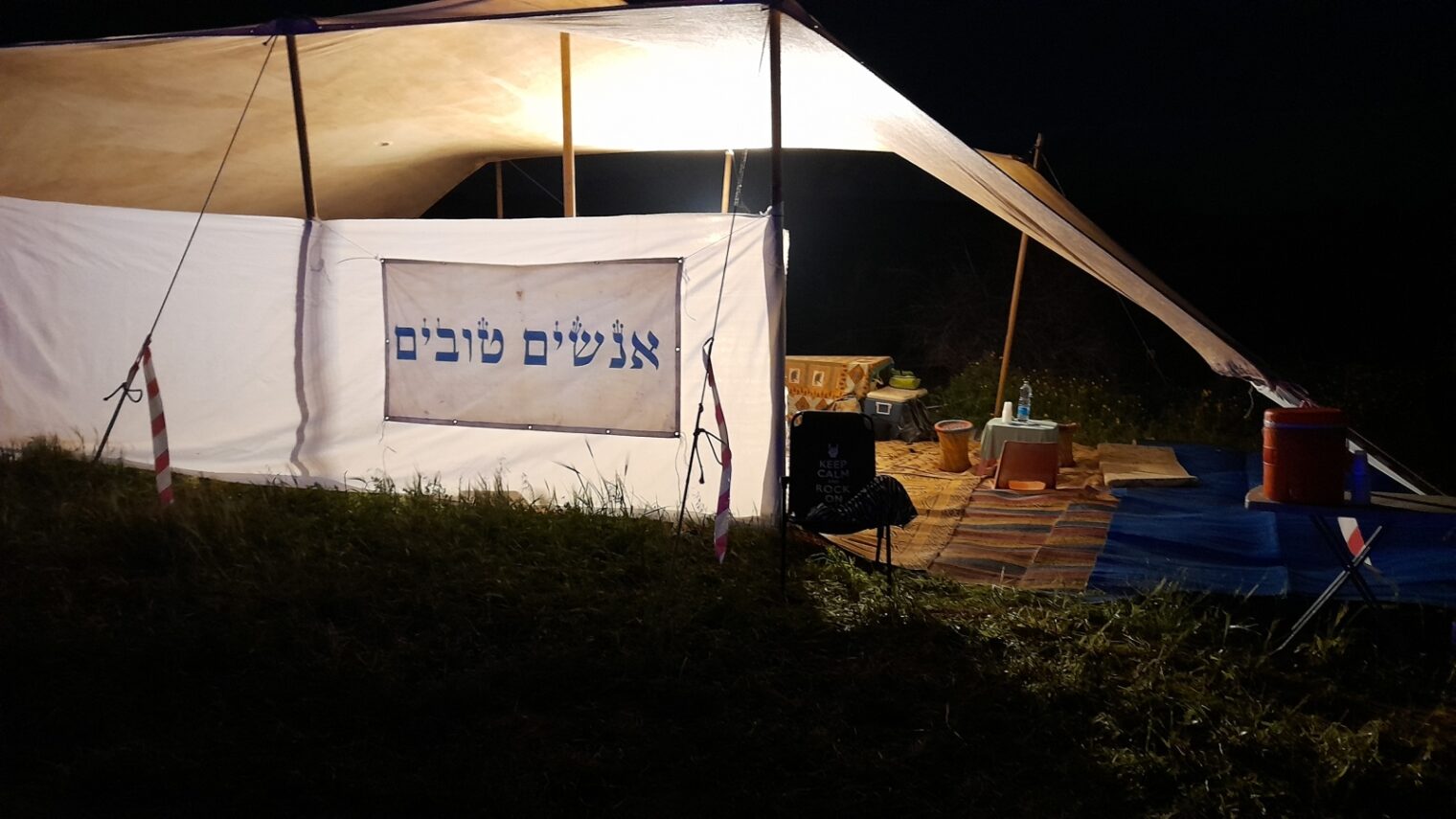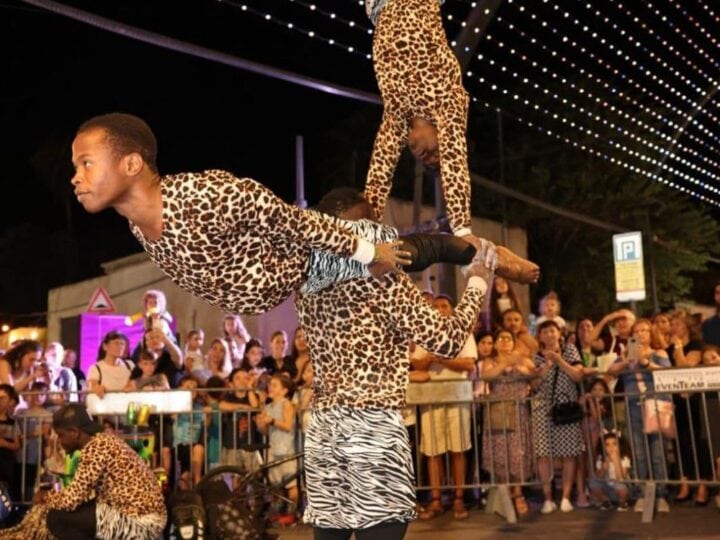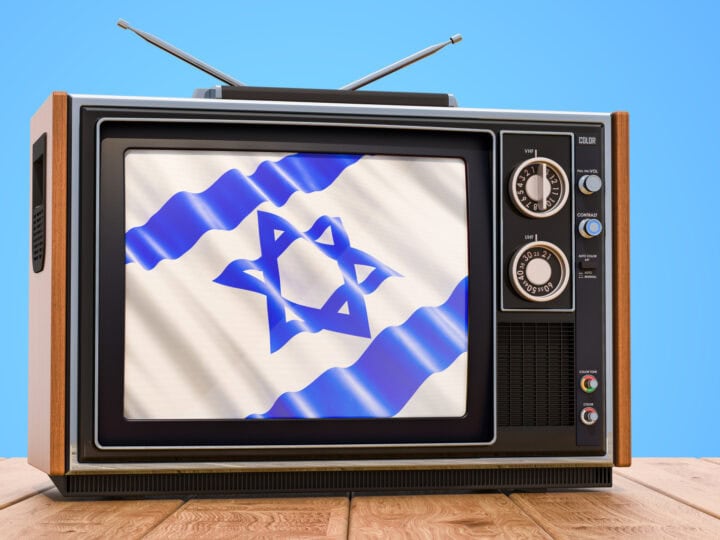Many inspiring stories came out of the Supernova music festival massacre at Kibbutz Re’im near the Gaza border on October 7.
A father who brought his music-loving daughter in her wheelchair despite her limitations from muscular dystrophy and cerebral palsy.
The courageous young man who was determined to lob out hand grenades Hamas terrorists relentlessly threw into the crowded bomb shelter, until his luck ran out.
And the three volunteers from Anashim Tovim (Good People) who were at the festival to give partygoers emotional and mental support, but ended up losing their own lives.
Good People
Initiated a decade ago by ELEM, an organization for youth at risk, Anashim Tovim brings trained adults to raves to help young people in distress after they have taken mind-altering substances.
“We try to keep them safe, whether it’s giving them water and shelter for a few hours or protecting them from incidents of violence and sexual abuse,” explains psychotherapist Moshe Elad, 32, who was one of nine mental-health professionals from the project to volunteer at Supernova.
“We don’t ever want anyone to feel we are judging them,” Elad tells ISRAEL21c, which is why they all wear blue t-shirts with the words Ish Tov (Good Guy) or Isha Tova (Good Woman) printed on the front.
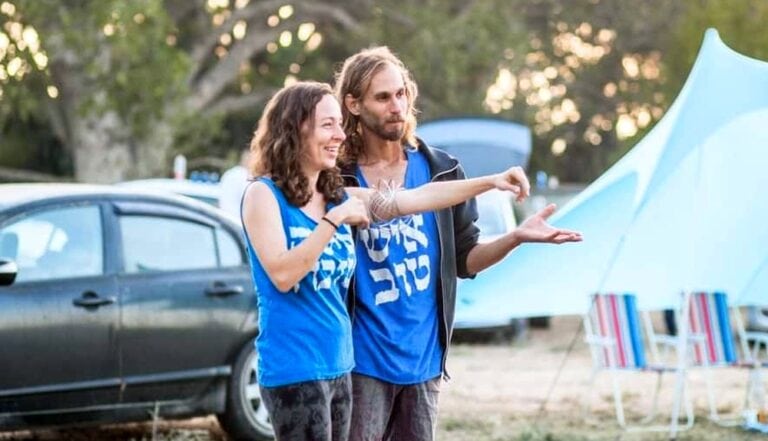
“We don’t talk to them like teachers, parents, or an army commander but rather like a brother or sister. We just want to be there for them no matter what state of mind they are in and this varies a lot from deep suspicion of us to thinking they are the Messiah.”
Sirens and missiles
Although the Supernova Sukkot Gathering produced by Tribe of Nova was the first Israeli version of Universo Paralello, a trance festival with roots in Brazil, it was not the first time Elad had worked with the organizers or been at Kibbutz Re’im.
Just last Purim, he says, Anashim Tovim volunteered at another rave at the same site.
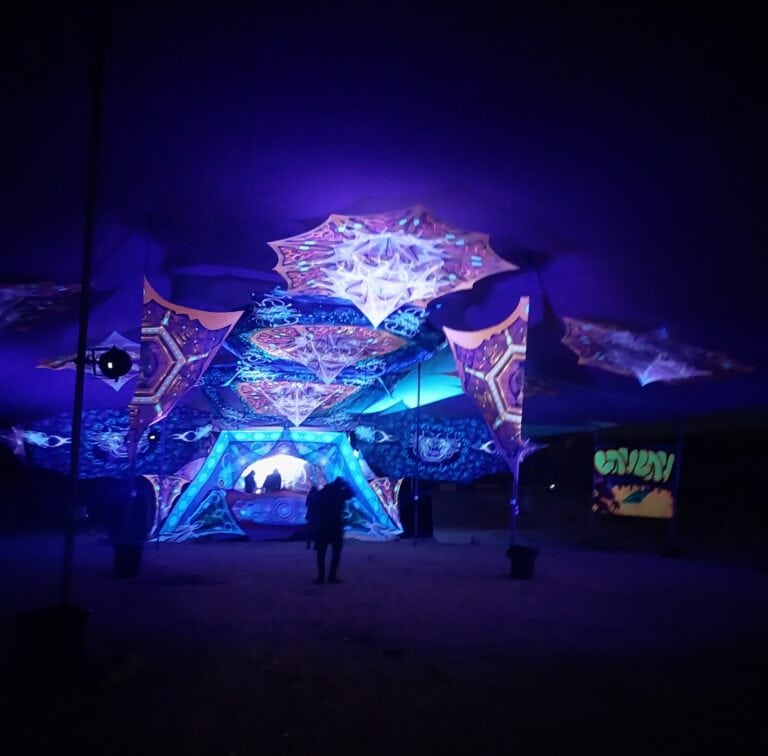
Nothing felt out of the ordinary that day, according to Elad, who lives in Pardes Hanna and now heads the project.
“We did what we always do. We went a few hours early so that we could organize the ‘safe space’ before the party started. This is a comfortable, quiet area with futons and soft light away from the bright colors and loud music of the stages.”
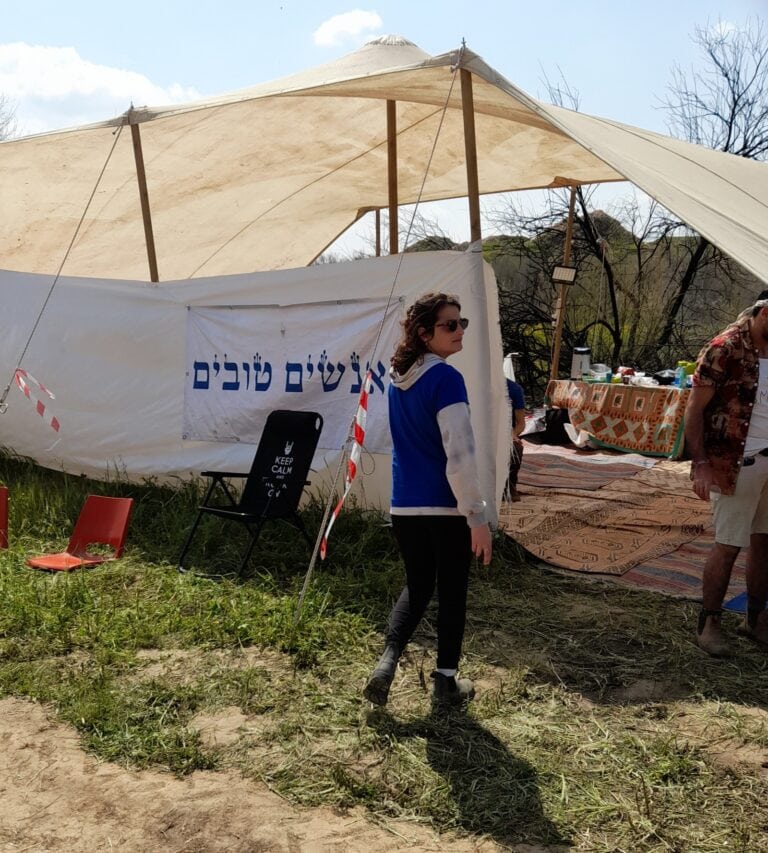
After finishing his shift in the early hours of the morning, Elad was awakened two hours later by sirens and missiles.
“It was around 6:30am and we quickly divided into two teams. Some of us helped people around us who were in shock and experiencing difficulty and I went with others to return our equipment to the car. Then we left in two different cars.”
As Elad recalls: “It took me a while to understand the situation. We were driving and then came into a traffic jam of people also trying to leave the party. We decided to stop on the side and see what was going on and people approached us to see if they could join us and we started driving again.
“Then we saw a van in front in which they had Kalashnikovs and RPGs, so we decided to turn around and drive the other way towards Be’eri, and then the gunshots started. We realized that it was both behind us and in front of us, so we decided to get out and run away,” he says.
The group ran for six hours and then hid in a grapefruit and orange orchard where all they heard was shouts in Arabic and firing.
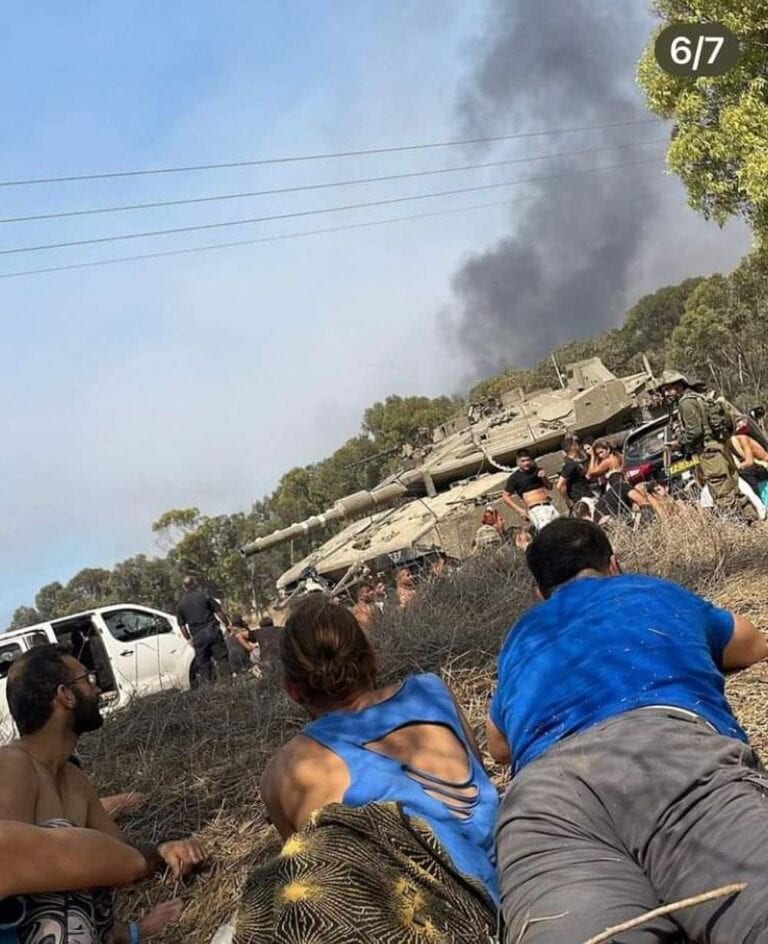
Three didn’t make it
Eventually, through phone contact, they were evacuated to a gas station along with many other wounded and shocked Supernova survivors.
Three of the Anashim Tovim team did not make it to safety. Lior Hadad Atias, 36, and Sigal Levy, 31, were found shot near their car later that day while Yonatan Richter, 48, was declared missing for several days until his body was located.
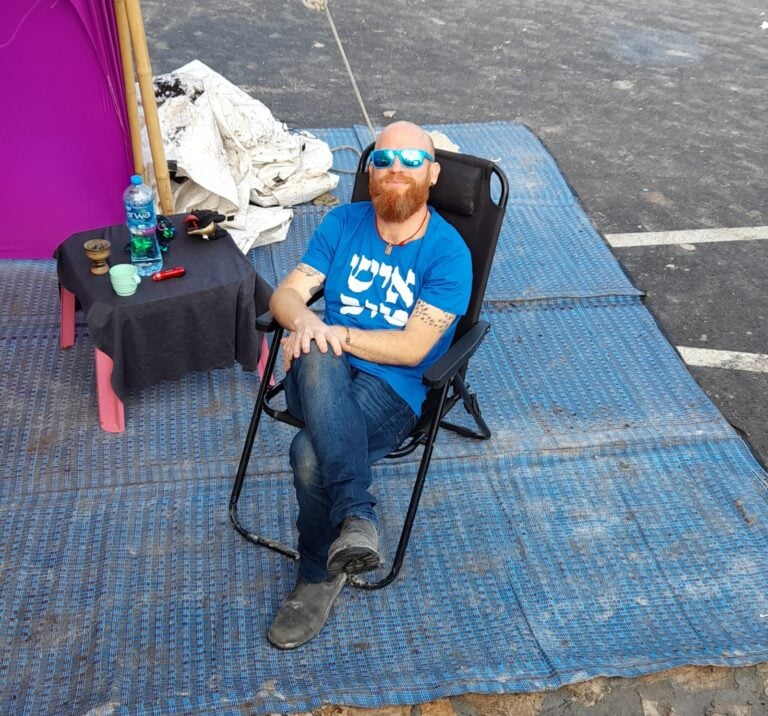
“Sigal, a social worker, was amazing, and worked for many years at the ELEM association, helping the community and supporting youth. She joined us and very quickly understood what needed to be done at the party, and during Shabbat morning she helped people who had difficult experiences,” says Elad.
“Lior was a veterinary nurse and this was the fourth party in which she joined us. Yonatan had been in the project for two years, and people always felt comfortable talking to him and opening up to him. I saw with my own eyes how all three of them took care and supported others before themselves during the terror attack.”
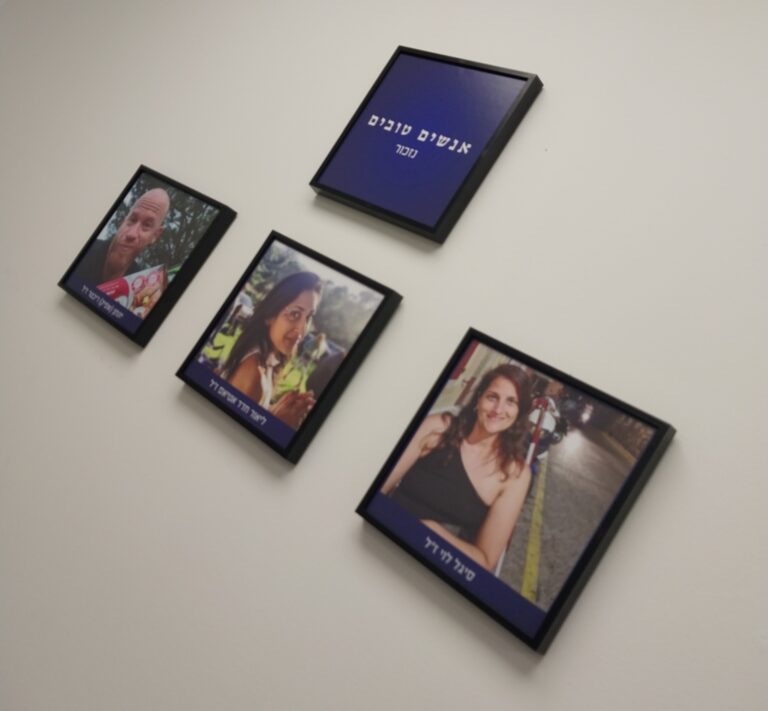
Elad is still processing the “terrifying events where three of my friends died and a lot of our trance family too. People we knew well from all the parties over the years.”
The six remaining Anashim Tovim volunteers from the music festival team are now undergoing ongoing group therapy to process their trauma.
“We strengthen each other to deal with the horrific experience and share own personal narrative of events.”
What also helps, Elad says, is that outdoor trance parties, often dedicated to the October 7 victims, have not stopped although they are smaller in size.
“The people of Israel continue to dance through our trauma and pain. This keeps me going.”




